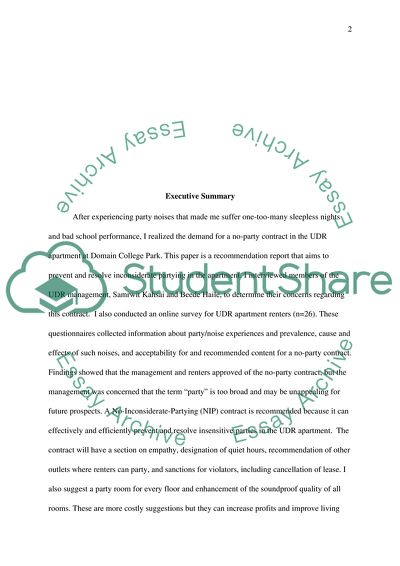Cite this document
(“Recommendations for Reducing Inconsiderate Partying in the UDR Apartme Research Paper - 1”, n.d.)
Recommendations for Reducing Inconsiderate Partying in the UDR Apartme Research Paper - 1. Retrieved from https://studentshare.org/english/1668569-see-instructions
Recommendations for Reducing Inconsiderate Partying in the UDR Apartme Research Paper - 1. Retrieved from https://studentshare.org/english/1668569-see-instructions
(Recommendations for Reducing Inconsiderate Partying in the UDR Apartme Research Paper - 1)
Recommendations for Reducing Inconsiderate Partying in the UDR Apartme Research Paper - 1. https://studentshare.org/english/1668569-see-instructions.
Recommendations for Reducing Inconsiderate Partying in the UDR Apartme Research Paper - 1. https://studentshare.org/english/1668569-see-instructions.
“Recommendations for Reducing Inconsiderate Partying in the UDR Apartme Research Paper - 1”, n.d. https://studentshare.org/english/1668569-see-instructions.


